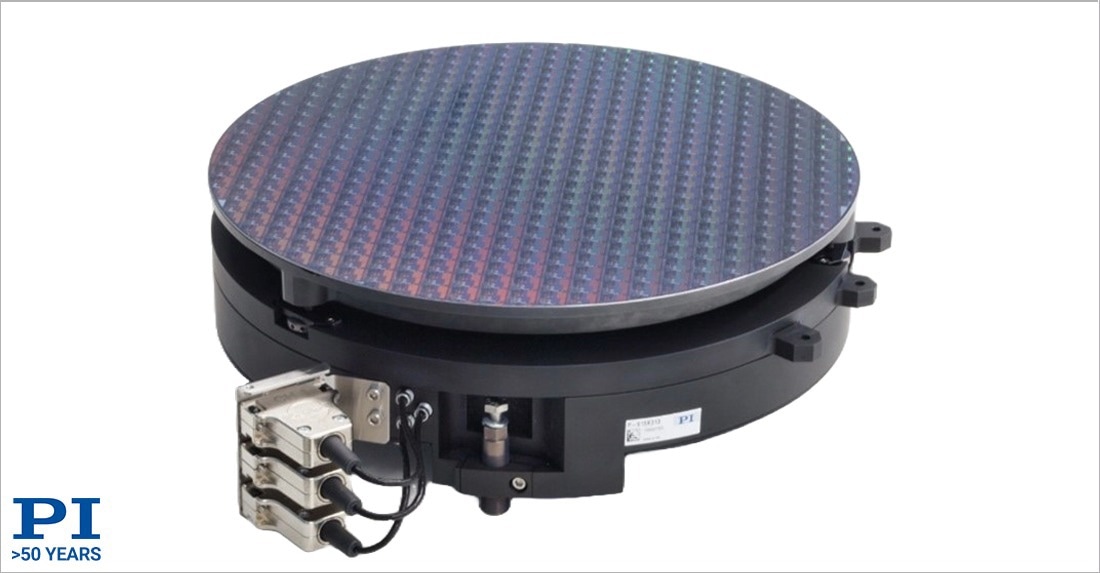[ad_1]
Jefferson Lab in Newport Information not too long ago obtained a $7.5 million grant from the Division of Power to adapt a particle accelerator that would finally be utilized in water therapy crops to interrupt down “ceaselessly chemical compounds.”
The know-how is presently lab-locked however Jeff Lab workers scientist John Vennekate, together with accelerator scientist Gianluigi Ciovati, is working to develop a compact accelerator for wastewater remediation.
“This funding will assist bridge the hole between our present proof of precept of this know-how and a stage the place, with extra time and funding, we might make a demonstrator that might be utilized by trade,” Vennekate mentioned.
Per- and polyfluoroalkyl substances — or PFAS — are a category of compounds used to make merchandise immune to water, stains and grease. The navy contributed to PFAS air pollution with its use of firefighting foam laced with the chemical compounds. The froth was used throughout navy coaching workouts within the ’50s, however has since been restricted to emergency conditions, the Navy has said. The substances have been dubbed “ceaselessly chemical compounds” as a result of most don’t degrade within the setting.
Public concern for PFAS trickling into neighborhoods by means of groundwater grew in 2023 when the Environmental Safety Company really helpful a nationwide normal for the contaminants in ingesting water. Its proposed rule outlines that PFAS ought to have a focus stage a lot additional under the company’s earlier steering of 70 components per trillion to be thought-about protected.
Following the EPA’s proposed regulation, the Department of Defense in September launched investigations into greater than 700 services suspected of potential PFAS contamination posing a air pollution risk to ingesting water for close by communities. The September briefing detailed that about one-third of the services had been investigated and that “ceaselessly chemical compounds” are trickling out of at the very least 245 U.S. navy bases.
Lately, website inspections have been performed at or close to installations throughout Hampton Roads, together with St. Juliens Creek Annex and Naval Air Station Oceana. At St. Juliens Creek Annex, 21 on-base groundwater samples had been discovered to have PFAS properties above 70 components per trillion, officials with Naval Facilities Engineering Systems Command mentioned in February. In Virginia Seaside, 15 off-base, personal ingesting water wells had been examined for perfluorooctanoic acid and perfluorooctane sulfonate in November 2022, with one testing above 70 components per trillion, mentioned David Todd, spokesperson for the command.
However these chemical compounds is probably not as ceaselessly as scientists as soon as thought. Vennekate mentioned research now present PFAS could be damaged down by electron beams generated by superconducting radiofrequency particle accelerators to the purpose that the chemical compounds are innocent.
One of many greatest challenges the Jefferson Lab group should sort out, he mentioned, is making certain the accelerator is operable by trade workers — not simply scientists.
“They want to have the ability to use the machine with out a number of people with Ph.D.s in accelerator science round,” Vennekate mentioned.
Malachi Schram, head of Jefferson Lab’s information science division, will assist the group develop a framework for an automatic management system with built-in machine studying to run such compact accelerators.
“Ideally, in some unspecified time in the future, the sensor will attain a push button interface for the client,” Vennekate mentioned.
Up to now, researchers struggled to rein in prices whereas scaling up accelerator prototypes highly effective sufficient for giant wastewater crops as a result of the accelerators required liquid helium, which is tough to maintain in an industrial setting and really expensive, Vennekate mentioned. However new know-how has eradicated the necessity for liquid helium, with the accelerators as a substitute counting on niobium-tin coatings, cryocoolers and copper cladding.
Precisely how a lot the accelerators will price has not been decided, he mentioned.
Jefferson Lab is working with California-based Common Atomics, a know-how firm fascinated about manufacturing the accelerators for industrial use. With the ability to display the novel functionality of the know-how will help convey the personal sector on board, mentioned Drew Packard, a scientist at Common Atomics
“SRF (superconducting radiofrequency) know-how has nice untapped potential to revolutionize approaches to environmental remediation and ceaselessly chemical compounds, making the world cleaner and safer,” Packard mentioned.
Caitlyn Burchett, [email protected]
[ad_2]
Source link





